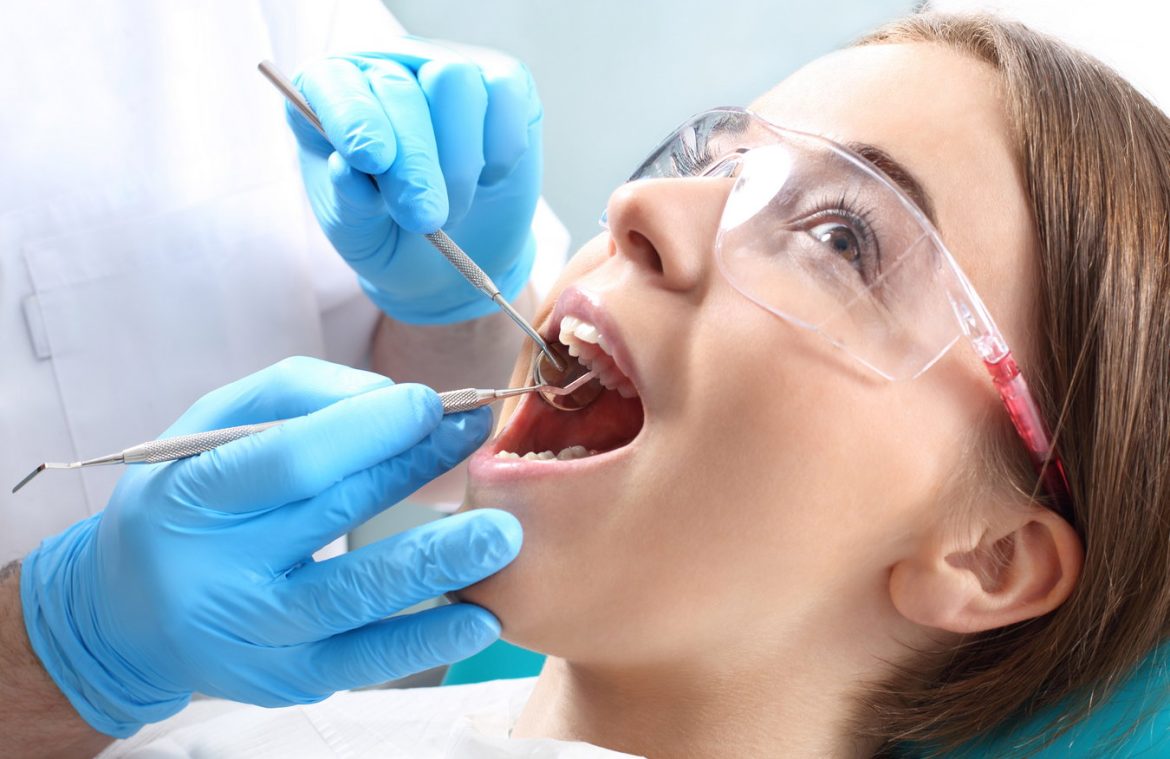
Endodontic treatments are valuable dental procedures used to treat and preserve natural teeth that have become infected. The pulp is the living part of the tooth that extends into the root and contains nerve and tissue. When infected, patients can experience pain, swelling and even total tooth loss unless treated in time. With endodontic treatment, the damaged parts of the tooth and the bacterial infection of the root are removed. In some cases, an antibiotic may need to be prescribed to prevent further infection. The organic part of the tooth that remains can be restored using a simple filling or crown (depends the area) that provides a natural appearance and contributes to its normal function.
Πολλοί ασθενείς συνδέουν την ενδοδοντική θεραπεία με πόνο και δυσφορία.
But, local anesthetics and advances in modern dentistry have made endodontic treatment a highly tolerable procedure that is often less comfortable than a filling. Upon completion – a restored tooth that has undergone endodontic treatment will work with the surrounding teeth – and will not be detectable to the average eye. More than 9 out of 10 endodontic treatments in our Perfect Smile Clinic in Lamia are successful and most last for many years or even a lifetime.
Συχνές Ερωτήσεις
Θα μπορούσατε να είστε υποψήφιος για ενδοδοντική θεραπεία εάν η μόλυνση ή η βλάβη έχει επιτρέψει στα βακτήρια να μολύνουν τον πολφό του δοντιού σας. Μία ενδοδοντική θεραπεία μπορεί επίσης να είναι η σωστή θεραπεία για εσάς αν προτιμάτε να διατηρείσετε όσο το δυνατόν μεγαλύτερο μέρος του φυσικού σας δοντιού, αντί να το κάνετε εξαγωγή. Για περισσότερες πληροφορίες σχετικά με τις ενδοδοντικές θεραπείες και αν είναι κατάλληλη για εσάς, προγραμματίστε μια οδοντιατρική εξέταση και συμβουλευτείτε μας το συντομότερο δυνατό.
Εάν αποφασίσετε να υποβληθείτε σε ενδοδοντική θεραπεία, το πρώτο βήμα της διαδικασίας σας θα περιλαμβάνει τοπικό αναισθητικό. Μόλις η ρίζα του δοντιού σας είναι μουδιασμένη, το μολυσμένο τμήμα του πολφού θα αφαιρεθεί και θα θεραπευθεί από τη βακτηριακή λοίμωξη. Το δόντι (οι ριζικοί σωλήνες) θα σφραγιστεί και θα γεμίσει πριν αποκατασταθεί με στεφάνη (θήκη) ή σφράγισμα.
Είναι φυσιολογικό το δόντι μετά από μία ενδοδοντική θεραπεία να κάνει φλεγμονή και ενδεχομένως να προκαλέσει ευαισθησία τις πρώτες ημέρες μετά τη θεραπεία. Ωστόσο, οι κανονικές συνήθειες βουρτσίσματος και η χρήση οδοντικού νήματος μπορούν να επαναληφθούν αμέσως μετά την ολοκλήρωση της θεραπείας και της αποκατάστασης.










